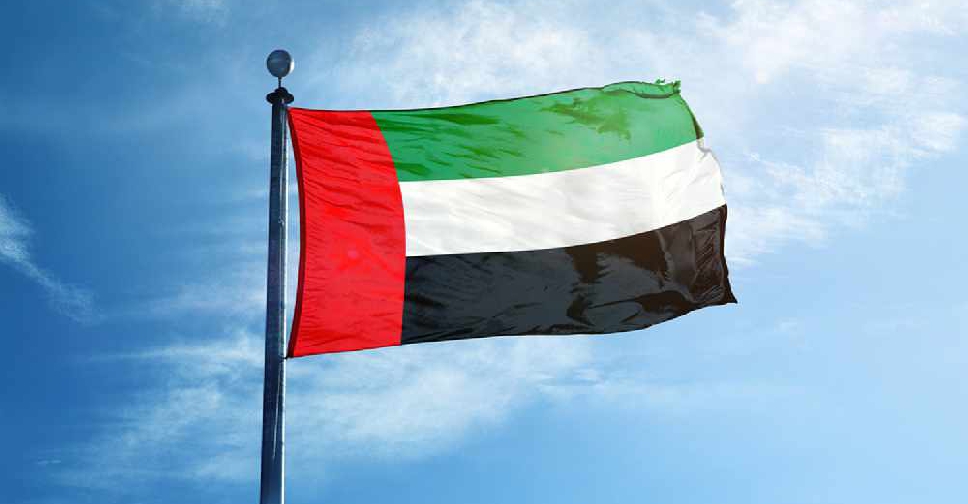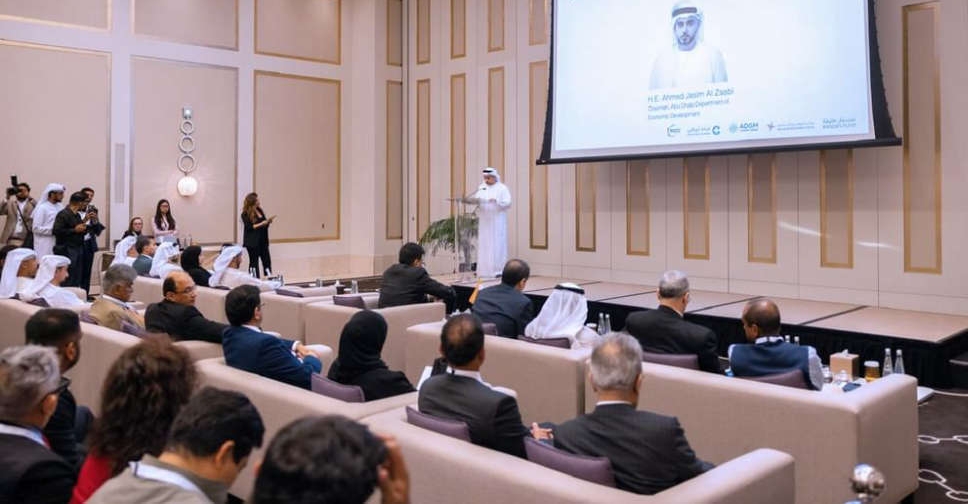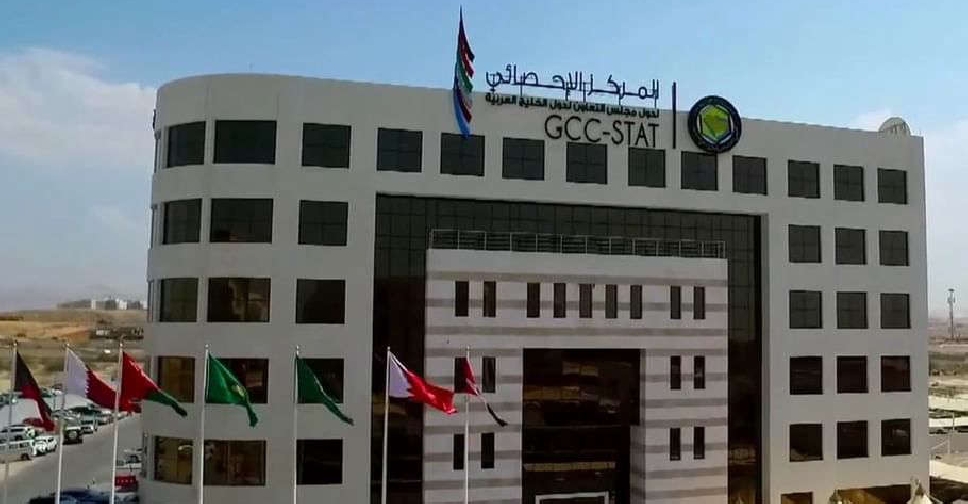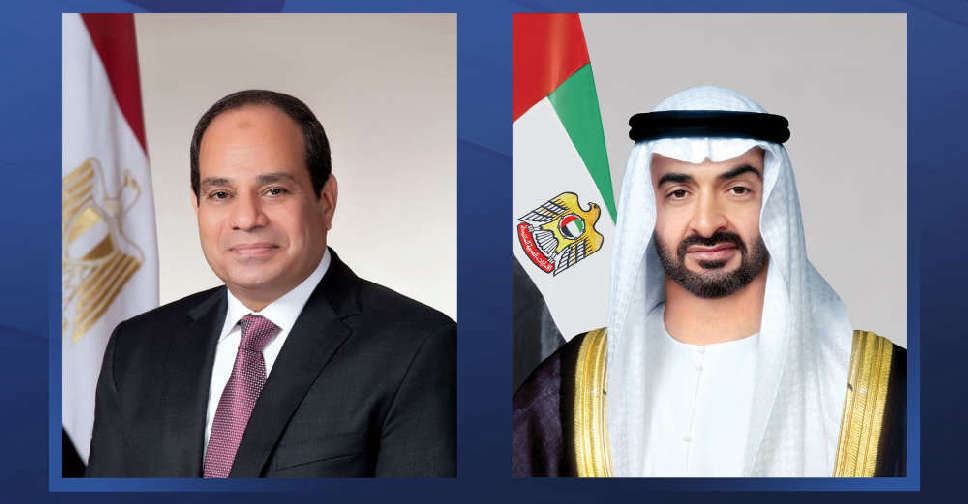
The United Arab Emirates has consolidated its status as a leading force and key player in the digital nomad economy, rising to second place globally as a top destination for digital nomads in 2025.
The platform Immigrant Invest ranked the UAE behind Spain, ahead of countries such as Montenegro, the Bahamas and Hungary. The evaluation was based on strict criteria including internet quality, tax policies, cost of living, healthcare, and unmatched levels of safety and stability.
With remote work transforming from a fringe concept to a global economic force valued at around US$800 billion annually, governments worldwide are now racing to attract this segment of talent.
Mohammad Alard, digital nomad and founder of the Arab Digital Nomads platform and community, highlighted the UAE's regional leadership, saying, “The UAE is not only participating in this race but leading it. I visited the UAE multiple times and lived in Sharjah, where I personally witnessed the advanced digital infrastructure, widespread high-speed internet, availability of co-working spaces, and a culturally diverse society.”
He noted the UAE’s strong appeal to entrepreneurial digital nomads and tech startup founders seeking legal stability, security, and a high quality of life. “UAE cities shine on the global map. Abu Dhabi and Dubai have solidified their positions as must-consider destinations,” he added.
Alard further explained, “Dubai can be classified as a global digital business hub competing with cities like Bangkok, Barcelona or Cape Town.” He cited tailored initiatives such as the Virtual Working Programme in Abu Dhabi and the Remote Work Visa in Dubai, which are designed to attract high-value professionals. Global rankings support this, with Dubai leading as the top city for remote work and Abu Dhabi ranked fourth, according to RemoteWork360.
Recognising early the strategic value of attracting digital talent, the UAE launched a renewable one-year visa for digital nomads in March 2021, becoming one of the first countries to create an ideal environment for this workforce.
These efforts align with an unprecedented global trend. What began as a quiet revolution powered by computing and the internet turned into a widespread movement during the COVID-19 pandemic, which compelled millions to embrace remote work. Today, digital nomadism is no longer a fringe lifestyle but a mainstream way of living, shared by nearly 40 million people globally. If this global movement were a country, it would rank 41st in population size.
Looking ahead, projections suggest that by 2035, up to one billion people may live and work as digital nomads, comprising nearly one-third of the global workforce. This transformation, driven by 5G networks, the Internet of Things, and growing demand for flexible and hybrid work models, positions the UAE as an ideal candidate to become the leading global hub for remote work.
To ensure long-term leadership, Alard advised enhancing engagement between official entities and the broader community of local and international digital nomads, supporting more affordable living options, and showcasing the UAE’s natural and cultural appeal to attract a wider range of global talent.

 Dubai 'super' plate BB 88 secures AED14 million at RTA auction
Dubai 'super' plate BB 88 secures AED14 million at RTA auction
 Abu Dhabi-India Business Forum to deepen trade, investment ties
Abu Dhabi-India Business Forum to deepen trade, investment ties
 GCC tourism and travel hits $247.1 billion in 2024
GCC tourism and travel hits $247.1 billion in 2024
 39,546 tourism, hospitality, aviation licences issued up to mid-September: UAE Minister
39,546 tourism, hospitality, aviation licences issued up to mid-September: UAE Minister
 Abu Dhabi, Malaysia cooperate on developing next-gen autonomous platforms
Abu Dhabi, Malaysia cooperate on developing next-gen autonomous platforms




